Description
Dolomite Refractory Bricks: A Deep Dive into Applications, Properties, and Advantages
Dolomite refractory bricks are a critical component in various high-temperature industrial processes, particularly in the steelmaking industry. These bricks are manufactured from naturally occurring dolomite, a calcium-magnesium carbonate mineral (CaMg(CO3)2), and possess unique properties that make them ideal for specific refractory applications. This article will explore the properties, applications, advantages, and limitations of dolomite refractory bricks, providing a comprehensive understanding of their role in high-temperature environments.
What are Dolomite Refractory Bricks?
Dolomite bricks are essentially derived from calcined dolomite. The raw dolomite is first calcined at high temperatures to remove carbon dioxide, resulting in a mixture of calcium oxide (CaO) and magnesium oxide (MgO), also known as “dolomite clinker” or “dead-burned dolomite.” This clinker is the primary ingredient in the production of dolomite refractory bricks. Typically, the clinker is crushed, screened, and mixed with binding agents like clay, iron oxide, or organic binders before being pressed or molded into the desired brick shape. Finally, the shaped bricks are fired at high temperatures to achieve the necessary strength and stability.
Key Properties of Dolomite Refractory Bricks:
The unique composition of dolomite bricks imparts specific properties that are crucial for their performance in demanding environments. These properties include:
- High Refractoriness: Dolomite bricks exhibit excellent resistance to melting at high temperatures, typically above 1700°C (3092°F). This high refractoriness is essential for withstanding the extreme heat encountered in steelmaking furnaces and other industrial applications.
- Good Slag Resistance: They offer good resistance to attack from basic slags, which are prevalent in steelmaking processes. This resistance stems from the ability of dolomite to react with and neutralize the acidity of the slag, minimizing corrosion of the brick lining.
- Alkalinity: Dolomite bricks are inherently alkaline, providing excellent protection against acidic slags and gases. This characteristic is particularly valuable in environments where acidic corrosion is a significant concern.
- Thermal Stability: They possess good thermal stability under rapid heating and cooling cycles, minimizing the risk of spalling (surface cracking and flaking). However, this property can be affected by the specific formulation and firing process.
- High Volume Stability: Properly manufactured and stabilized dolomite bricks exhibit good volume stability at high temperatures, minimizing expansion and contraction that could lead to cracking and structural failure.
Applications of Dolomite Refractory Bricks:
Dolomite bricks are primarily used in the following applications:
- Steelmaking: They are widely used as the lining material in basic oxygen furnaces (BOF), electric arc furnaces (EAF), and converters, where they provide excellent resistance to the corrosive action of basic slags.
- Cement Industry: Dolomite bricks can be used in the burning zone of rotary kilns in cement production, although they are often replaced by more specialized refractories tailored to the specific chemical environment.
- Lime Kilns: As a raw material for lime production, dolomite bricks find application in the lining of lime kilns.
- Non-Ferrous Metallurgical Processes: They can be employed in certain non-ferrous metallurgical processes that require basic refractory materials.
Advantages of Using Dolomite Refractory Bricks:
- Cost-Effectiveness: Dolomite is a relatively abundant and inexpensive raw material compared to some other refractory materials like magnesite or alumina. This makes dolomite bricks a more economical option for certain applications.
- Excellent Slag Resistance (Basic Slags): Their superior resistance to basic slags is a significant advantage in steelmaking processes, where these slags are commonly encountered.
- Alkaline Protection: The alkaline nature of dolomite bricks offers excellent protection against acidic corrosion.
- High-Temperature Performance: They can withstand extremely high temperatures without deformation or failure.
Limitations of Dolomite Refractory Bricks:
While dolomite bricks offer several advantages, they also have certain limitations:
- Susceptibility to Hydration: Dolomite bricks are susceptible to hydration, meaning they can react with moisture in the air or water, leading to expansion and cracking. This is a critical concern during storage, transportation, and installation. Stabilizing additives are often used to mitigate this issue.
- Poor Resistance to Acidic Slags: They are not suitable for use in environments where acidic slags are present, as they will readily react with and be corroded by these slags.
- Thermal Shock Sensitivity: While possessing good thermal stability, they can be susceptible to thermal shock under extremely rapid temperature changes, especially if the brick composition or manufacturing process is not optimized.
Conclusion:
Dolomite refractory bricks play a vital role in various high-temperature industrial processes, particularly in steelmaking, due to their excellent resistance to basic slags, high refractoriness, and relatively low cost. However, their susceptibility to hydration and poor resistance to acidic slags must be carefully considered when selecting them for a specific application. The development of stabilized dolomite bricks and improved manufacturing processes has helped to overcome some of these limitations, further extending their lifespan and performance in demanding environments. As industrial processes continue to evolve, ongoing research and development will continue to optimize the performance of dolomite refractory bricks, ensuring their continued importance in high-temperature applications.

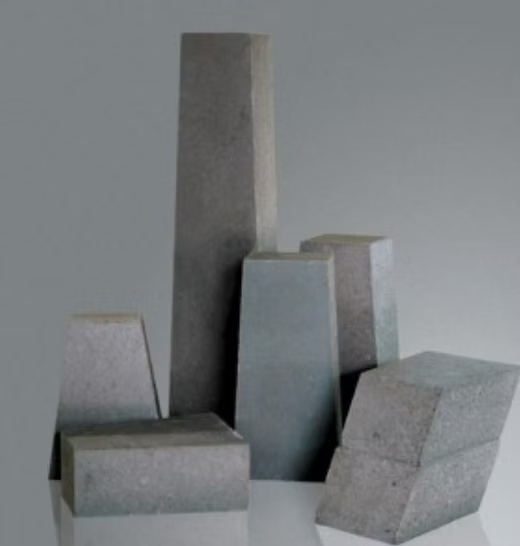
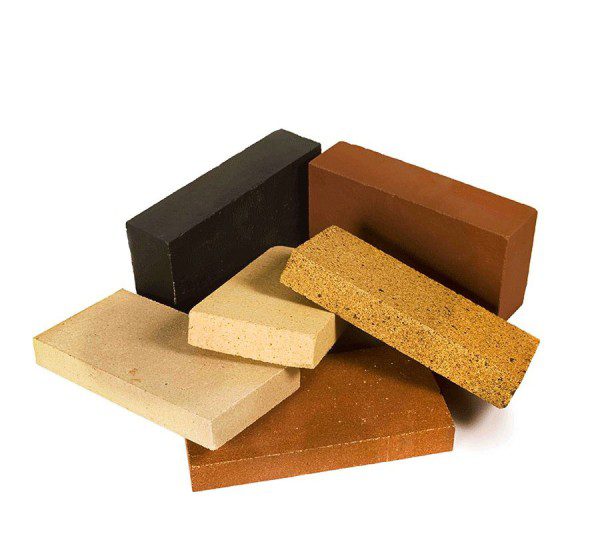
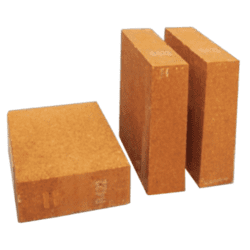
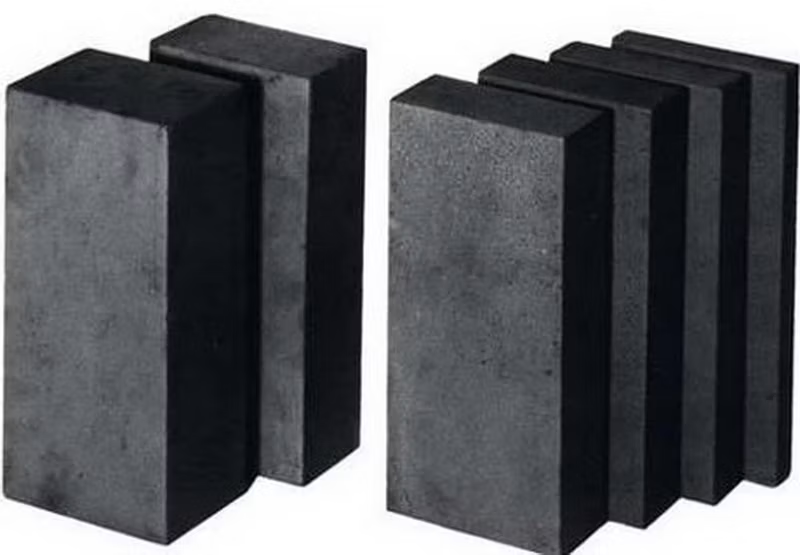

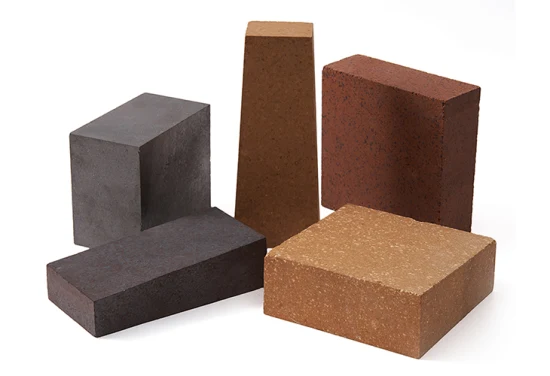




Reviews
There are no reviews yet.